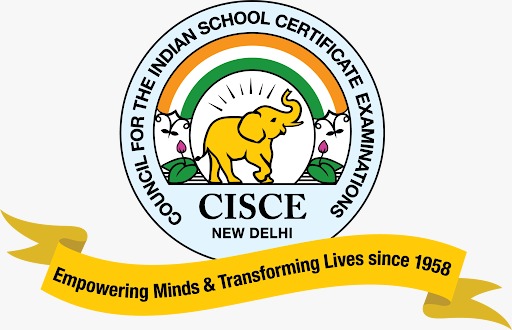Throughout India’s fight for independence, many brave women played crucial roles in challenging British rule, alongside the valor of male freedom fighters. Their courage and determination continue to inspire us today. Here’s a look at ten remarkable female freedom fighters who showed incredible bravery during the struggle for independence.
1. Rani Lakshmibai of Jhansi
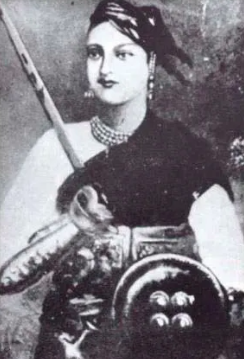
Rani Lakshmibai, the Queen of Jhansi, is celebrated for her valiant efforts during the First War of Indian Independence in 1857. When the British East India Company threatened her kingdom, she fought fiercely to defend Jhansi. Her bravery and leadership made her a legendary figure in Indian history, and her resistance became a symbol of the fight against colonial rule.
2. Begum Hazrat Mahal
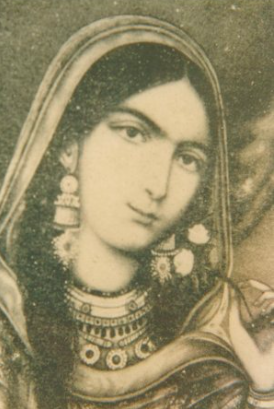
Begum Hazrat Mahal was a fearless leader during the 1857 revolt. As the wife of the Nawab of Oudh, she took charge when her husband was deposed. She led the rebellion in Lucknow with great courage and resilience. Her strong leadership and contributions significantly impacted the freedom movement and inspired many others.
3. Bhikaji Cama
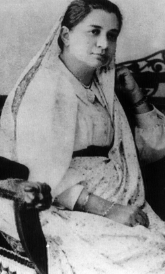
Bhikaji Cama was a pioneering figure who worked tirelessly to gain international support for India’s independence. She was known for her bold speeches and efforts to raise awareness about the Indian freedom struggle on a global stage. Her bravery in promoting India’s cause internationally played a crucial role in garnering global support.
4. Annie Besant
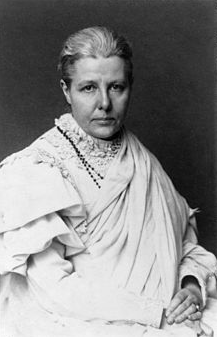
Annie Besant was an outspoken advocate for Indian self-rule and played a key role in the Home Rule League. Her leadership in the Indian National Congress and her relentless advocacy for self-government were instrumental in advancing the cause of independence. She bravely challenged British rule and worked towards India’s political empowerment.
5. Sarojini Naidu
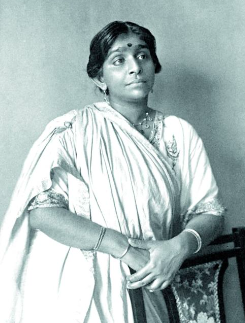
Sarojini Naidu, also known as the Nightingale of India, was a prominent leader in the Indian National Congress. She was actively involved in the civil disobedience movement and used her skills as a poet to inspire and mobilize people. Her role as a political leader and activist showcased her bravery and commitment to the freedom struggle.
6. Aruna Asaf Ali
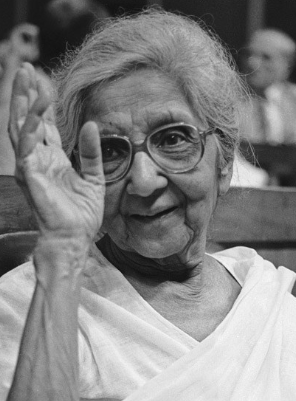
Aruna Asaf Ali was a key figure in the Quit India Movement of 1942. She took on a significant leadership role and was involved in the underground resistance against British rule. Her bravery in organizing protests and mobilizing support for the movement made her a celebrated figure in India’s independence history.
7. Kasturba Gandhi
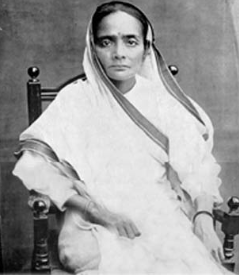
Kasturba Gandhi, the wife of Mahatma Gandhi, supported her husband’s efforts in the freedom struggle. She played a vital role in advancing social reforms and women’s rights. Her courage in standing by Gandhi’s side and working for educational and social reforms made her a respected and influential figure in the independence movement.
8. Matangini Hazra
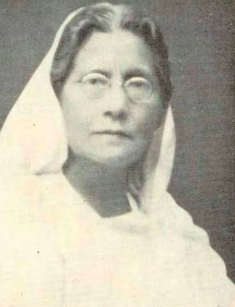
Matangini Hazra was a passionate participant in the Quit India Movement. Her courage and commitment to the cause were evident when she continued to protest despite facing numerous challenges. Her legacy as a symbol of resistance and her sacrifice for the independence struggle remain an inspiration.
9. Lakshmi Sehgal
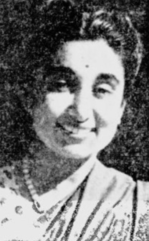
Lakshmi Sehgal was a prominent leader in the Indian National Army (INA) and commanded the Rani of Jhansi Regiment. Her leadership and contributions to the INA were crucial in the fight against British rule. Her bravery on the battlefield and her dedication to the cause of freedom highlighted her commitment to India’s independence.
10. Pritilata Waddedar
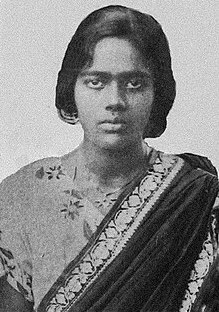
Pritilata Waddedar was an active participant in the Chittagong Uprising. She was known for her courage and sacrifice during the rebellion. Her involvement in the struggle and her ultimate sacrifice demonstrated her unwavering commitment to India’s fight for freedom.
Conclusion
These ten brave women made remarkable contributions to India’s freedom movement. Their courage, leadership, and dedication played a crucial role in the struggle for independence. Their legacy continues to inspire and remind us of the incredible sacrifices made for our nation’s freedom.
FAQs
The first lady freedom fighter of India is often considered to be Begum Hazrat Mahal.
The first woman to be elected for a legislative seat in India was Sarojini Naidu.
The first woman Chief Minister of an Indian state was Sucheta Kriplani, who served as the Chief Minister of Uttar Pradesh from 1963 to 1967.






